The decision by a United States appeal court to continue allowing Samsung to sell the Galaxy Nexus prevents Apple from protecting the patents a jury previously found the Nexus to be infringing on, Apple's lawyers have argued.
Attorneys representing Apple have filed a motion to have the full complement of judges at the U.S. Court of Appeals review two appeals in the ongoing patent struggle between the two companies, Bloomberg reported on Friday. Apple seeks to reverse an October ruling by a three-judge Federal Circuit panel that allowed for Samsung to continue selling the Galaxy Nexus.
Apple's filing for an en banc, or a review involving all nine Court of Appeals for the Federal Court judges, follows a prior bid by Samsung last week to block Apple from making just such a filing. Apple had won an injunction against the device in June of last year, but the CAFC found that the court granting the injunction had "abused its discretion" in banning sales of the handset.
In its decision, the Court of Appeals found that the comprehensive search and voice command features built into the Galaxy Nexus, which were said to be infringing on Apple patents, were not in themselves major likely drivers of consumer adoption.
Apple, already having asked for a review of the October decision, is also asking for the panel to reconsider a December ruling by U.S. District Judge Lucy Koh to allow Samsung to continue selling products found by a jury to be infringing Apple patents in a $1 billion verdict in August of 2012.
Allowing Samsung to continue selling infringing products, according to Apple, makes it "essentially impossible for a patentee to halt a direct competitor's deliberate and successful copying of the patentee's innovative designs and features."
The panel's finding in October that certain infringing features were not drivers of demand, says Apple, is flawed since individual features "will almost never drive consumer demand by themselves, at least not provably" since "consumers buy complex technological products for a whole host of reasons." Further, Apple argues that a permanent injunction on offending devices is necessary in order to keep Samsung from attempting to "attract Apple's customers through deliberate copying, with a damages award being merely a cost of doing business."
 Kevin Bostic
Kevin Bostic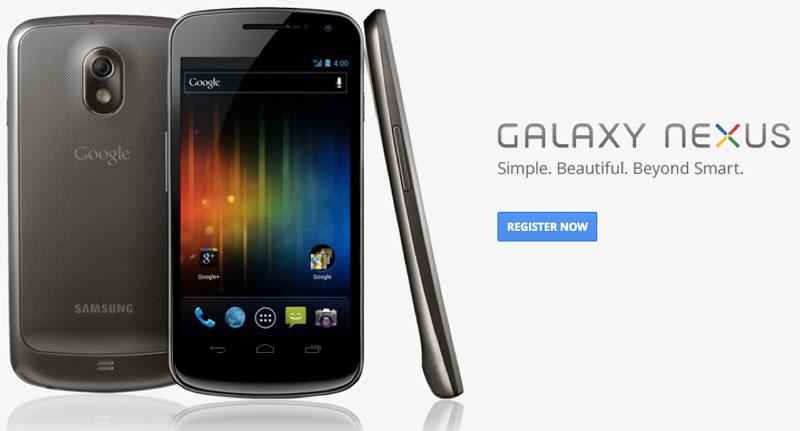
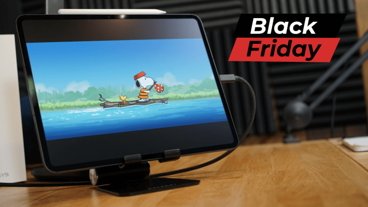
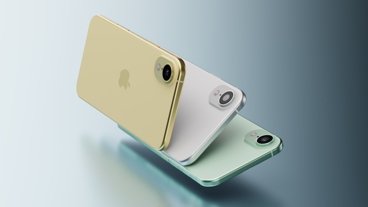
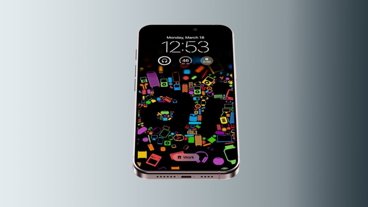
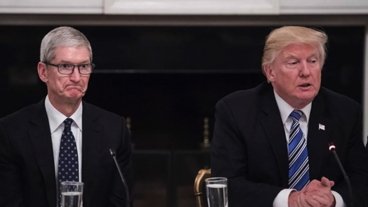









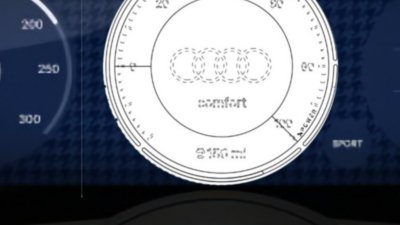
 William Gallagher
William Gallagher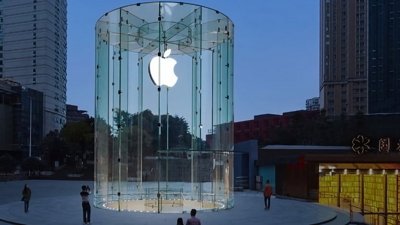
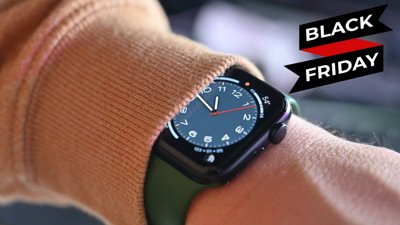
 Christine McKee
Christine McKee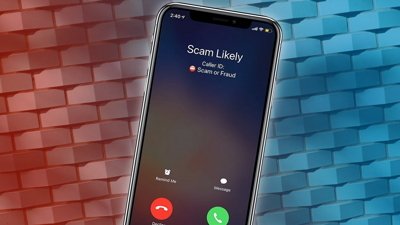
 Malcolm Owen
Malcolm Owen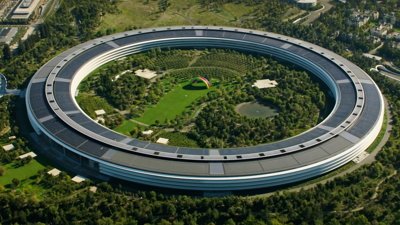
 Wesley Hilliard
Wesley Hilliard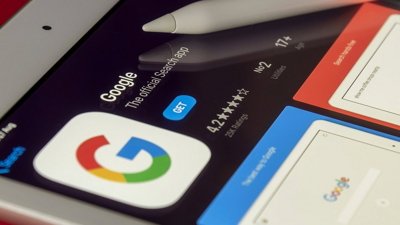
 Marko Zivkovic
Marko Zivkovic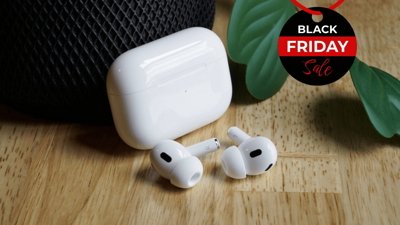
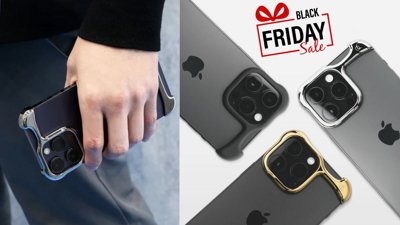









22 Comments
Since two of the patents have already been preliminarily ruled invalid by the US Patent office on all 20 claims, I think this will be an uphill battle for Apple unless they win the appeal of the invalidation of the two patents in question... I know Apple has 60 days to appeal the invalidation ruling, has anyone heard how that is going????
The decision by a United States appeal court to continue allowing Samsung to sell the Galaxy Nexus prevents Apple from protecting the patents a jury previously found the Nexus to be infringing on, Apple's lawyers have argued.
Perhaps Apple's lawyers forgot that's how the US legal system fundamentally works.
Perhaps Apple's lawyers forgot that's how the US legal system fundamentally works.
It's probably the length of time this is taking with which they take issue. If the damages can be altered when it's finally wrapped up, it becomes less of an issue. Can they?
Since two of the patents have already been preliminarily ruled invalid by the US Patent office on all 20 claims, I think this will be an uphill battle for Apple unless they win the appeal of the invalidation of the two patents in question...
I know Apple has 60 days to appeal the invalidation ruling, has anyone heard how that is going????
The preliminary invalidation ruling is irrelevant. The products at issue are no longer on the market, so these products aren't going to be effected. Apple wants the injunction because it will be easier to add future Samsung devices that infringe the same patents to this current lawsuit without having to wait out a trial on those specific devices. Apple would only have to bring a Motion in Court asking for the new products to be added. Samsung would be given an opportunity to rebut Apple's claims, including bringing up possible invalidation of the at issue patents. If Apple doesn't get an injunction granted, it has to seek injunctions in separate lawsuits over new devices found to infringe it's patents. Essentially the way things stand now, Samsung has no motivation to not infringe Apple's patents because Samsung knows the worst that is going to happen is we may have to pay some money. An injunction order on previous products, provides Apple a more streamlined way to address new infringement over previously ruled on IP.
The preliminary invalidation ruling is irrelevant. The products at issue are no longer on the market, so these products aren't going to be effected. Apple wants the injunction because it will be easier to add future Samsung devices that infringe the same patents to this current lawsuit without having to wait out a trial on those specific devices. Apple would only have to bring a Motion in Court asking for the new products to be added. Samsung would be given an opportunity to rebut Apple's claims, including bringing up possible invalidation of the at issue patents. If Apple doesn't get an injunction granted, it has to seek injunctions in separate lawsuits over new devices found to infringe it's patents. Essentially the way things stand now, Samsung has no motivation to not infringe Apple's patents because Samsung knows the worst that is going to happen is we may have to pay some money. An injunction order on previous products, provides Apple a more streamlined way to address new infringement over previously ruled on IP.
Which leads to the next step in this dance, why bother to innovate at all if innovations can be freely stolen.